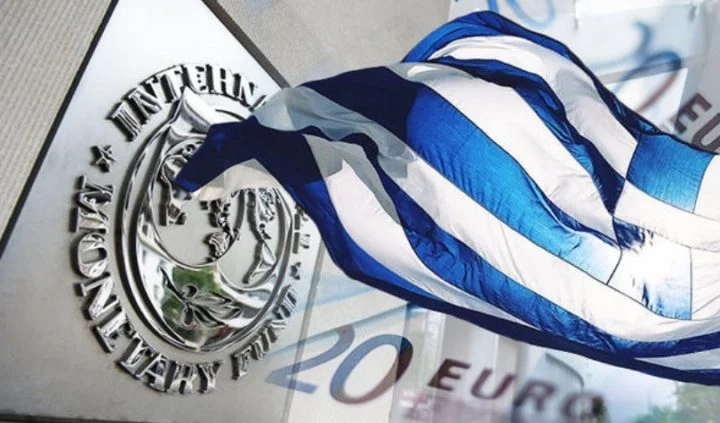Greece has weathered the pandemic well, with a considerably stronger-than-expected recovery, which has also seen Greek public debt go on a downward trajectory, according to the International Monetary Fund (IMF).
Reforms progressed in several areas, including digitalisation, privatisation, improving the fiscal policy mix, and bank balance sheet repair.
Greece finalised its early repayment to the IMF on April 4 and is expected to graduate from the quarterly European Institutions’ Enhanced Surveillance framework on schedule by August 2022.
Despite the adverse impact of the war in Ukraine, growth is projected to remain robust at 3.5 percent this year and 2.6 percent in 2023, the IMF said in a report on June 21.
However, high energy prices are expected to push up average inflation to 6.1 percent, it added. Public debt is on a downward trajectory and rollover risks appear manageable.
Executive Directors welcomed the stronger-than-expected economic recovery in 2021, which was buttressed by the Greek authorities’ strong policy response to the COVID-19 crisis, past structural reforms, and the support from the European Union.
Meanwhile, The Greek government should take focused support measures with a temporary duration, the Parliament's Budget Office said in its quarterly report released on Thursday.
More specifically, the Office said that these measures should be temporary, focused and funding by additional current revenue so that they do not burden the public debt.
At the same time, the Office recommended against taking horizontal support measures and noted that in current conditions there is no room for general interventions - as it happened during the pandemic - as they could deteriorate an already fragile fiscal condition of the country.
The report noted that the Greek economy grew by 7% in the first quarter of 2022, exceeding a 5.4% average growth rate in the Eurozone, while the unemployment rate fell significantly to 12.5% in April from 17.2% in April last year and employment grew by 10.8%.
It also stressed that the payroll cost index eased 1.9% in the first quarter, compared with the same period in 2021, while the current account deficit was almost two-and-a-half times more than in the first quarter of 2021 (6.4 billion from 2.6 billion euros, respectively).
The inflation rate is steadily rising, with the harmonized index rising to 10.5% in May and the national index rising to 11.3%.
The primary result of the general government showed an improved by 5.4 billion euros, while the public debt/GDP ratio continued falling, helped by a significant increase in nominal GDP and rising inflation.
The Budget Office expects a slowdown in the growth rate of the country's GDP in the second quarter of 2022, depending on tourism revenue, progress in the Recovery Fund, the impact from higher energy cost and an increase in borrowing cost.
READ MORE: Booster shot number two available for 30-59 age group in Greece as of Monday.


